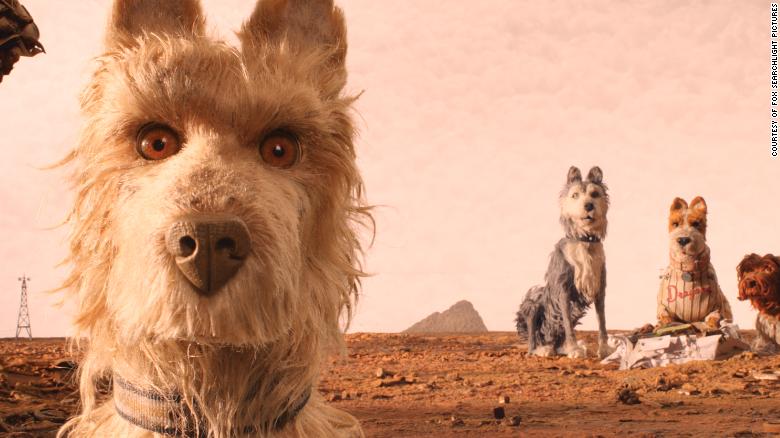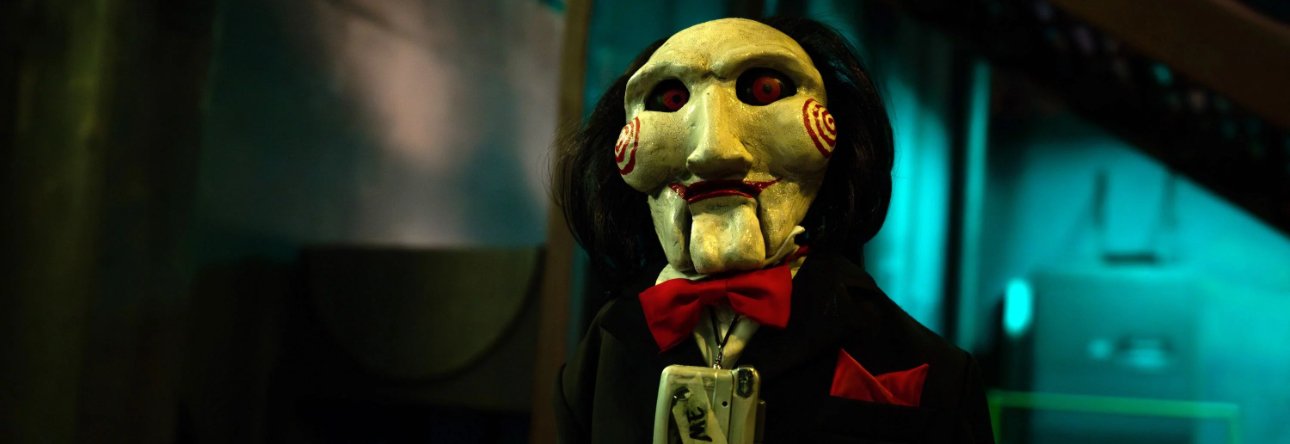
Wes Anderson‘s Isle of Dogs is soaked in the beauty of Japanese culture but is also very much a work ingrained in "Andersonville," a world that the talented writer-director has created over these last few years with masterworks such as "The Royal Tenenbaums," "Moonrise Kingdom" and "The Grand Budapest Hotel." However, the Anderson that will always be closest to my heart is the one that created 2009's stop-motion treat "The Fantastic Mr. Fox," which had his OCD-driven visual palette fitting almost too perfectly to his inner auteur voice.
"Isle of Dogs" delves into the world of immaculately cultivated figurine canines, the detail is again second to none, but the setting is anything but beautiful. Co-written by Anderson, Roman Coppola, Jason Schwartzman and Kunichi Nomura, "Isle of Dogs" takes place in the fictional Japanese city of Megasaki. Snout-fever, a form of dog-flu, has hit the capital and its Mayor Kobayashi has decided enough is enough, the dogs need be deported. Enter Trash Island, which is mountainous in its accumulation of garbage, filled with worms, fleas, Sake bottles, and uneaten food, this is a landscape in which you can almost smell the disagreeable stench.

The search for Spots (Liev Schreiber), the pet dog of the mayor's 12-year-old son Atari (Koyu Rankin), has the boy deciding to hop on a prop plane and fly his way to the Island to retrieve his beloved dog. He crashes it, a beautiful whip of cloud smoke appears, and a team of canines, Rex (Edward Norton), Boss (Bill Murray), King (Bob Balaban), Duke (Jeff Goldblum) and Chief, an outstanding Bryan Cranston, help him out.
Subplots pile up, so do flashbacks which try to better flesh-out the cast of characters, and it does sometimes feel like too much happening at once. If the film starts off strongly, the mid-section is a little less involving, especially when the wise-heads of the Island, Jupiter (F. Murray Abraham) and Oracle (Tilda Swinton), show up and stall the narrative on its tracks, but the film has so much brilliantly conceived slapstick, Anderson is now officially the best director in the world at physical comedy, that all is forgiven and the film quickly gets back on track.
What a clever idea on the part of Anderson to have the barks spoken in English and the Japanese raw and unsubtitled, it adds to the quirkiness and makes this special gift of a movie filled an absolutely silly delight. The attention to detail is second to none, layer upon layer is revealed in every frame, the film feels like a series of paintings come to life. The action itself is remarkable as well, especially when Kobayashi decides to send robotic attack dogs, they're supposed to replace the canines in Japanese households, to kill our protagonists.

Tracy Walker (Greta Gerwig), an American foreign exchange student, is added to the mix, and she turns out to be the film's ultimate heroine. Some will not be too pleased by the fact that a white, freckled American turns out to save the day in this mostly Japanese-set film, but why care about such an inane and trite detail, especially when Anderson tries to be as political as he's ever been here tackling topics such as authoritarianism, hate, bigotry and segregation. Alas, I doubt Anderson even realized how pertinent and relevant his themes would be as this film has been in the works for quite a few years now. It doesn't even matter, the pure pleasure of watching "Isle of Dogs" resides in its obsessive attention to detail, the off-center symmetry that is now a given in Anderson's films, and the scurrying, relentless nature of Anderson-ism laid bare on a tableau of pure stop-motion artistry. Like all of his other films, a second viewing is almost mandatory to truly absorb the accomplishment.






